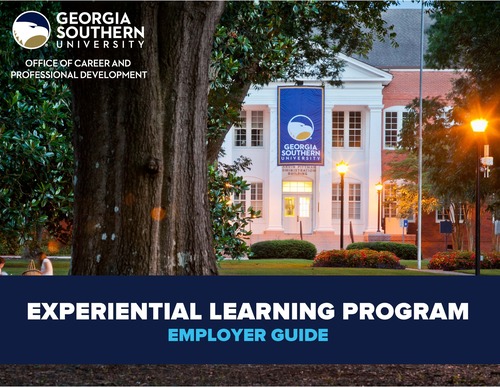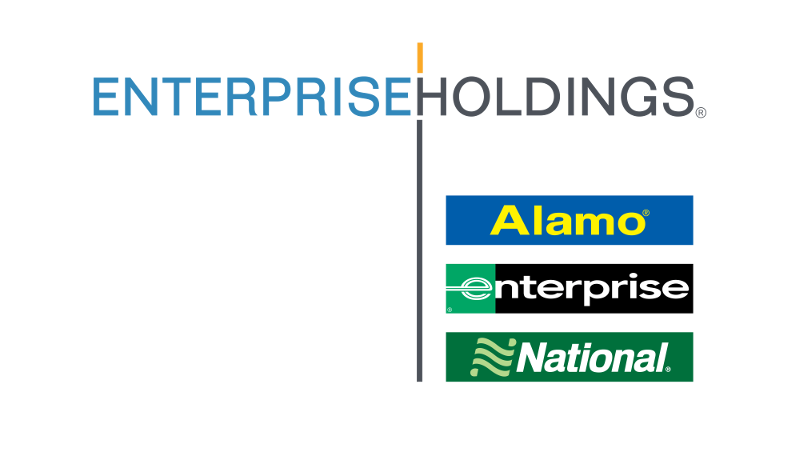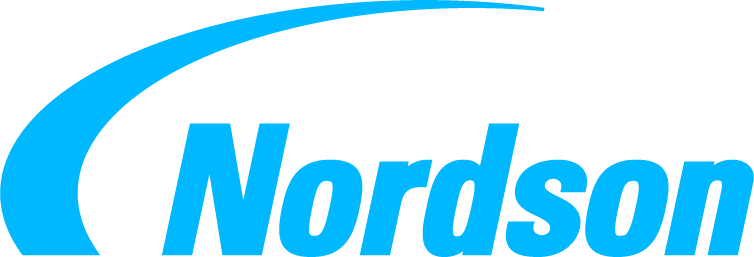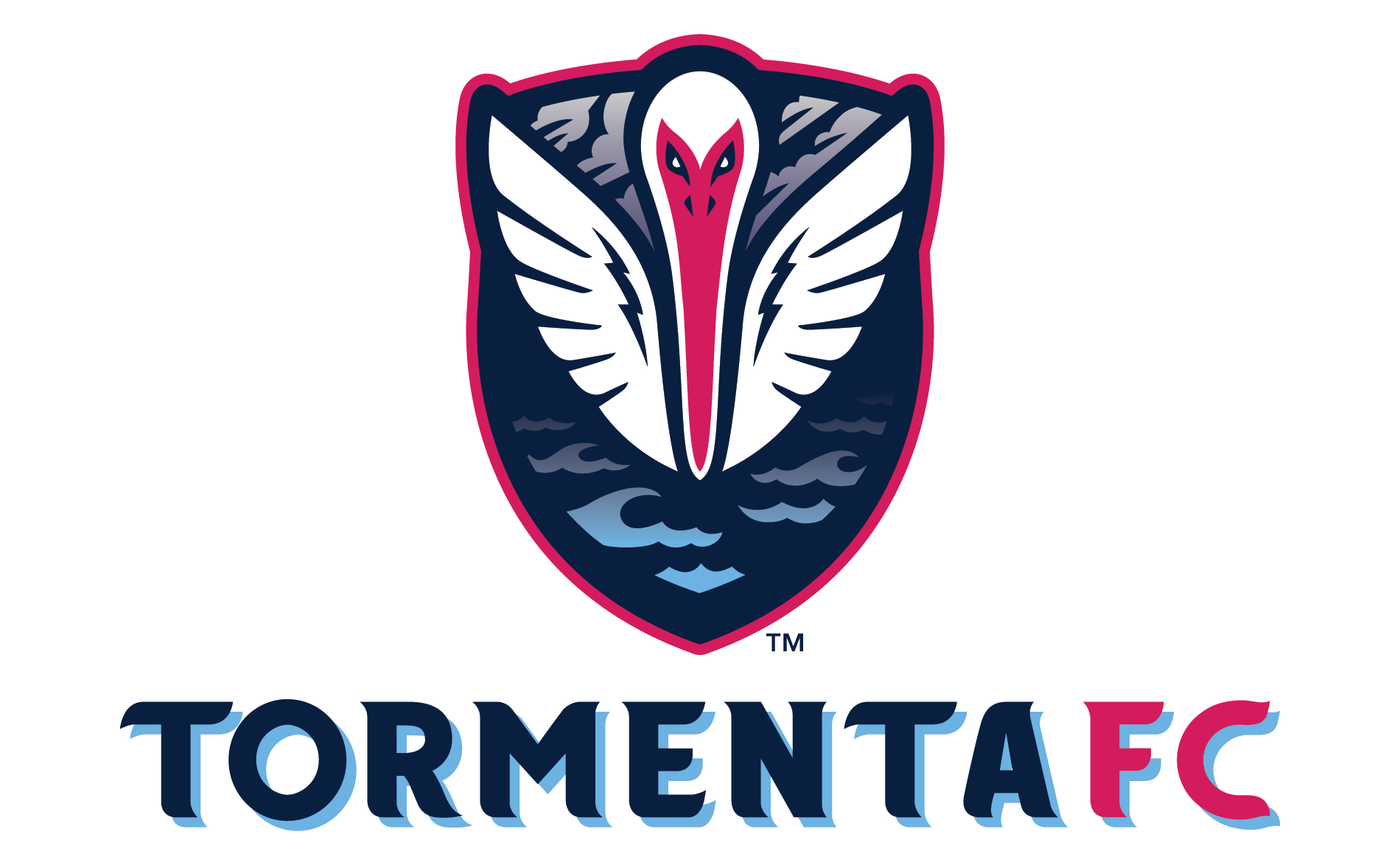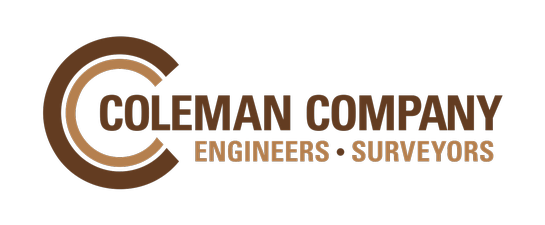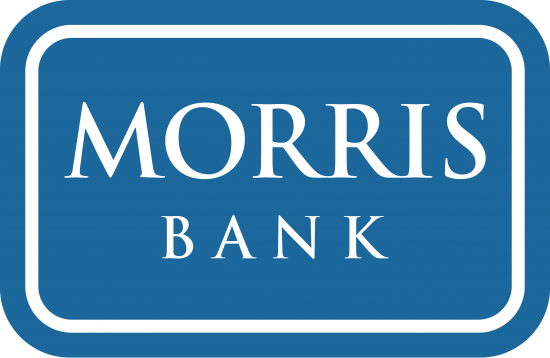Experiential Learning Program – Employer Information
The Experiential Learning Program is designed to assist in connecting students and employers in developing career-related learning opportunities in internship, cooperative education (co-op), volunteer, service-learning, or externship experiences. The classifications sometimes vary depending upon the academic discipline. All positions are carefully supervised, professional-level, and structured in which the student sets intentional learning goals and actively reflects on what has been learned.
Experiential Learning Program – Employer Guide
This guide was created to serve as a useful tool for organizations wanting to create a new internship or co-op program, or are looking to increase their recruitment efforts on the Georgia Southern campus.
To get started or for any co-op or internship-related questions, please reach out to Caitlyn Cofer, Assistant Director of Experiential Learning, at ccofer@georgiasouthern.edu.
Frequently Asked Questions
My company requires a student to be enrolled while working as an intern or co-op. What type of credit is offered for experiences at Georgia Southern?
Academic Credit Experiences: An academic experience indicates that a student will be seeking academic credit for a career-related experience. This process often includes signing a Contract of Understanding (learning agreement between the employer and student), obtaining department approval, submitting completed field hours, and receiving an employer evaluation. An academic experience may be either paid or unpaid. Academic experiences are typically done on a general elective, Pass/Fail basis with the number of acceptable credit hours determined by the student’s college or department.
Non-Academic Credit Experiences: A non-credit experience implies that a student will be working for the benefit of experience gained, but not for any type of academic recognition. In this case, the student would still remain enrolled in an internship course, agree to a Code of Conduct and Liability Waiver, and maintain support from the Assistant Director of Experiential Learning. This option may be preferable to a student who does not need additional credit hours or is not eligible for academic credit hours for a variety of reasons. Non-credit experiences are often paid in order to comply with U.S. Department of Labor laws. Exceptions made are those experiences affiliated with non-profit or government organizations.
How will my experiential learning opportunity help students?
By participating in this mutually beneficial program, you become part of the educational process, sharing your valuable expertise, and teaching students about your profession. Offering experiential learning opportunities helps students:
- Obtain professional experience in their areas of academic study
- Create opportunities to work with professionals
- Learn about their own strengths and weaknesses, likes and dislikes, values, etc.
- Develop marketable skills such as professionalism, leadership and problem-solving
- Build confidence
- Define career paths
- Make valuable contacts
How can my company participate?
- Develop a job description. Information needed for a strong position description would include duties and responsibilities, qualifications, compensation, provides training, duration of position, learning outcomes, if the position is virtual or in-person, and how the student will be supervised.
- Determine pay for positions. At least 75% of the student’s duties should be professional-level, non-clerical tasks. The average hourly rate ranges from $10.00 to $16.00 per hour, depending on the nature of the position and specific to the industry (i.e. engineering and accounting co-op or experience positions often pay more than the highest end of this range).
- Post your position in Handshake
- Receive approval of your posting
- Interview students and make offers directly to those selected
- Provide a quality learning experience for the student with consistent guidance and supervision
Last updated: 9/30/2022

